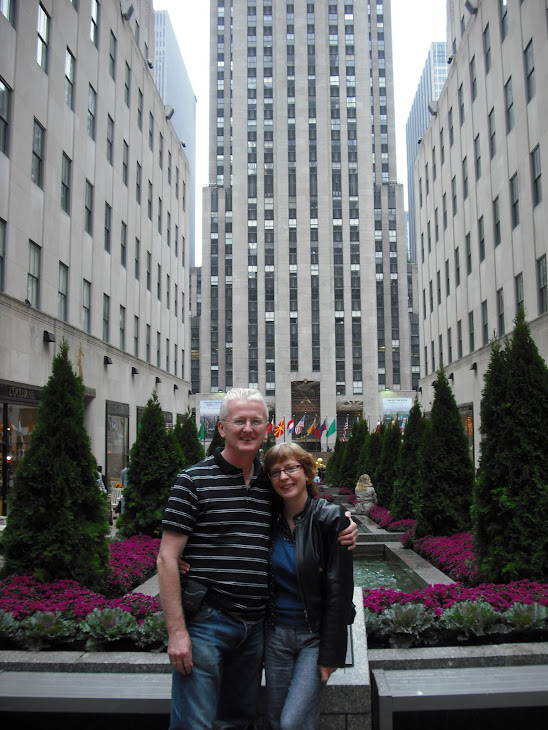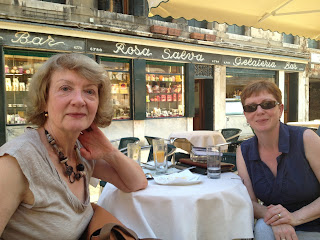Those of you who meet me on facebook will know that we
recently attended an appointment at the Royal Brompton Hospital. Here we meet
members of the team who monitor his breathing closely. At each visit, they check
Roch’s blood gases to see if the oxygen level in his blood is okay and they check
his breathing. The results last Tuesday held no surprises for us. His FVC
(Forced Vital
Capacity) is lower now and measured at around 58%. Many factors can affect a reading and if taken again now or tomorrow – the reading could be higher or lower. But it gives them an idea of the rate at which it is decreasing. Oxygen levels are still good.
Capacity) is lower now and measured at around 58%. Many factors can affect a reading and if taken again now or tomorrow – the reading could be higher or lower. But it gives them an idea of the rate at which it is decreasing. Oxygen levels are still good.
They have advised that now is the time to begin using the
nippy (non-invasive ventilator) at night. The idea is to improve quality of life
during the day, as Roch is feeling more fatigued in the daytime now. We haven’t
started this yet and yes there is a reluctance to make this change – it’s a bit
noisy and having a mask on your face all night isn’t going to be too conducive
to sleep, but they say he’ll get used to it. I hope I can sleep through it. We’ll
see. I’ll let you know.
We have also come to another MND milestone – the dreaded PEG
(Percutaneous Endoscopic gastrostomy). I’ve mentioned it in these pages before.
We don’t have a date yet, but sometime in the New Year, Roch will be going into
the Royal Brompton to have a PEG fitted. It’s important that the procedure is
carried out whilst he is still relatively fit. They don’t like to carry out the
procedure in people with a FVC of less than 50%.
Roch isn’t experiencing bulbar symptoms (problems with
swallowing etc.) but as his breathing is compromised and he is losing strength
in his arms, it is becoming more difficult for him to eat. Lifting the food to
his mouth is tiring for him – he doesn’t really like being fed by me or anyone
else, although occasionally I help him to finish a meal. His appetite has
diminished somewhat and his weight fluctuates. He weighed 12st 7lbs when he was
diagnosed – now he weighs 10st 5lbs. It’s been a gradual decline, and some of
it is muscle wasting but I’m sure other carers will sympathise when I say it’s
a constant worry to me – am I feeding him enough? Is he having enough
nutrition?
So the idea of the PEG is to introduce nutrition in some other
way than through the mouth. This usually involves passing liquid nutrition,
which has been specially formulated, through a tube into the stomach. This tube
is inserted directly into the stomach through the abdomen.
Tube feeding doesn’t necessarily eliminate oral feeding. Roch
will probably go on eating his favourite foods by mouth. He may not even need
to use the tube for some time. He will have to stay in hospital for a few days,
they told us – so that they can monitor him. It’s because they are extra
careful and that’s got to be a good thing.
I’ve been reading up on it on the MND Association website
and they say swimming is possible after a PEG is inserted. This is great, as
Roch hasn’t been able to swim for about three years now. (Groan – I think I’ve made that joke before but I
felt the need to inject some humour).
http://www.mndassociation.org/Resources/MNDA/Life%20with%20MND/Information%20Sheet%2011%20-%20PEG%20and%20alternative%20feeding%20-%20making%20the%20decision.pdf
































